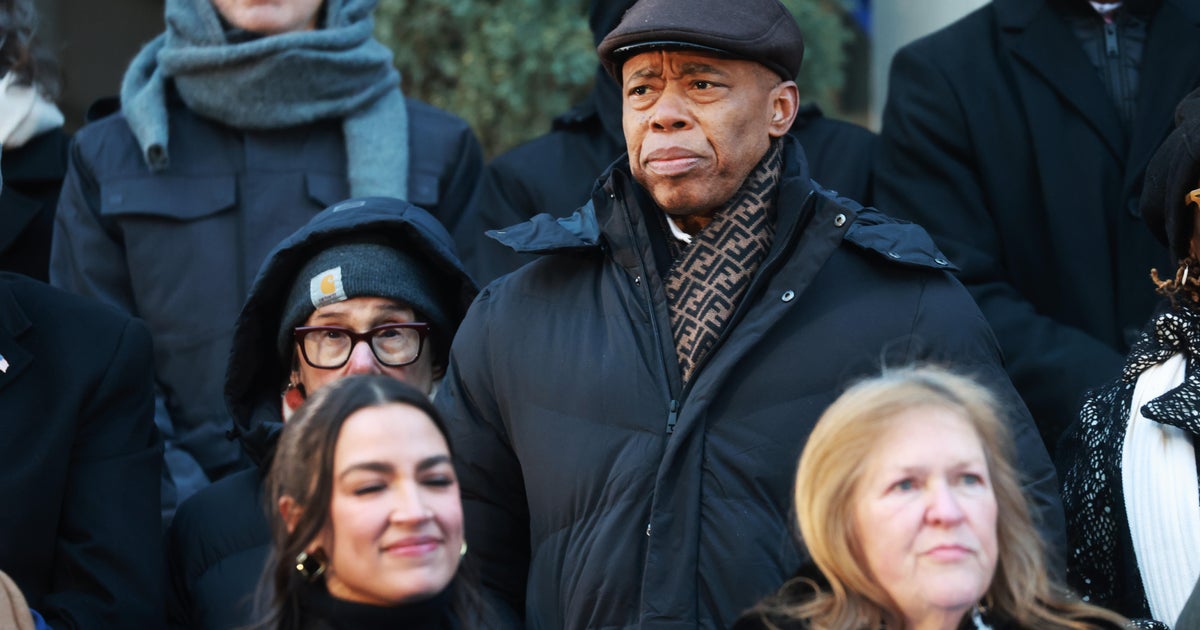Michael Smerconish: Decision 2012
It's still too early to determine whether the selection of Congressman Paul Ryan helps or hurts the Romney ticket. The early polling was mixed. His speech at the upcoming convention will be a critical moment in the spotlight, after which we can better assess the political wisdom of the pick.
by Michael Smerconish - 08/17/12 -
One thing is for sure - the Ryan budget plan for Medicare will be fiercely debated, and may determine how he plays in middle America.
It's a confusing issue and will probably be oversimplified by both sides. I'm no expert, but after interviewing Mary Agnes Carey from Kaiser Health on my program, here is what I (think) I know.
I know that Ryan deserves some credit for even broaching the topic. All politicians realize that we cannot sustain our commitment to entitlements without some corrective measures, but darn few will address the subject. At least Ryan put up.
As for the substance of his plan:
Medicare is, of course, a national insurance program, begun in the mid 1960's, run by the feds. It provides access to health insurance for Americans 65 and older, young people with disabilities and those with end stage renal failure. There is concern on all sides as the long-term ability of Medicare to sustain itself with an aging Baby Boom population and people living longer.
Ryan's proposal would mostly impact those who are today 55 and under. Those who will be 65 and over in 2022 would keep their current coverage.
For the rest, Ryan would offer a federal subsidy enabling them to opt out of Medicare and purchase private insurance instead. The intention is to provide an incentive for them to take control of their healthcare in a way that saves money by harnessing market competition. (You hear the same argument made by proponents of the role of exchanges in the Affordable Care Act. Recipients of the subsidy, which will be in an amount tied to the cost of a lower priced plan, could then opt to obtain better coverage at their additional cost. Theoretically, if you pick a cheaper plan, you can pocket the difference.
The intended upside is for there to be cost control and a savings, or at least, long-term stability. One downside is that the way the Ryan plan is structured, it is possible that the subsidy will not keep pace with the escalating cost of healthcare, which would mean this plan costs Americans out of pocket, and potentially large sums. That's because increases in the amount of coverage would be capped at the annual growth rate of GDP, gross domestic product, plus 0.5%.
Here is one illustration, which I saw in the LA Times:
Last year, America's GDP grew by just 1.7% (well below the historical average of 3.3%). Under Ryan's plan, therefore, seniors' healthcare subsidy for 2012 would rise by 2.2%. (.5 + 1.7 = 2.2) That's not enough. Last year, healthcare costs bumped up 5.8%. So the difference between 2.2% and 5.8% is what those of us who today are under the age of 55 could be on the hook for.
Like I said, it's confusing, and I do not hold myself out as an expert. It'll be interesting to see how the candidates seek to explain it. Frankly, I am not optimistic. It's not the sort of subject that lends itself to a 20-second sound byte, and yet it is critically important.







